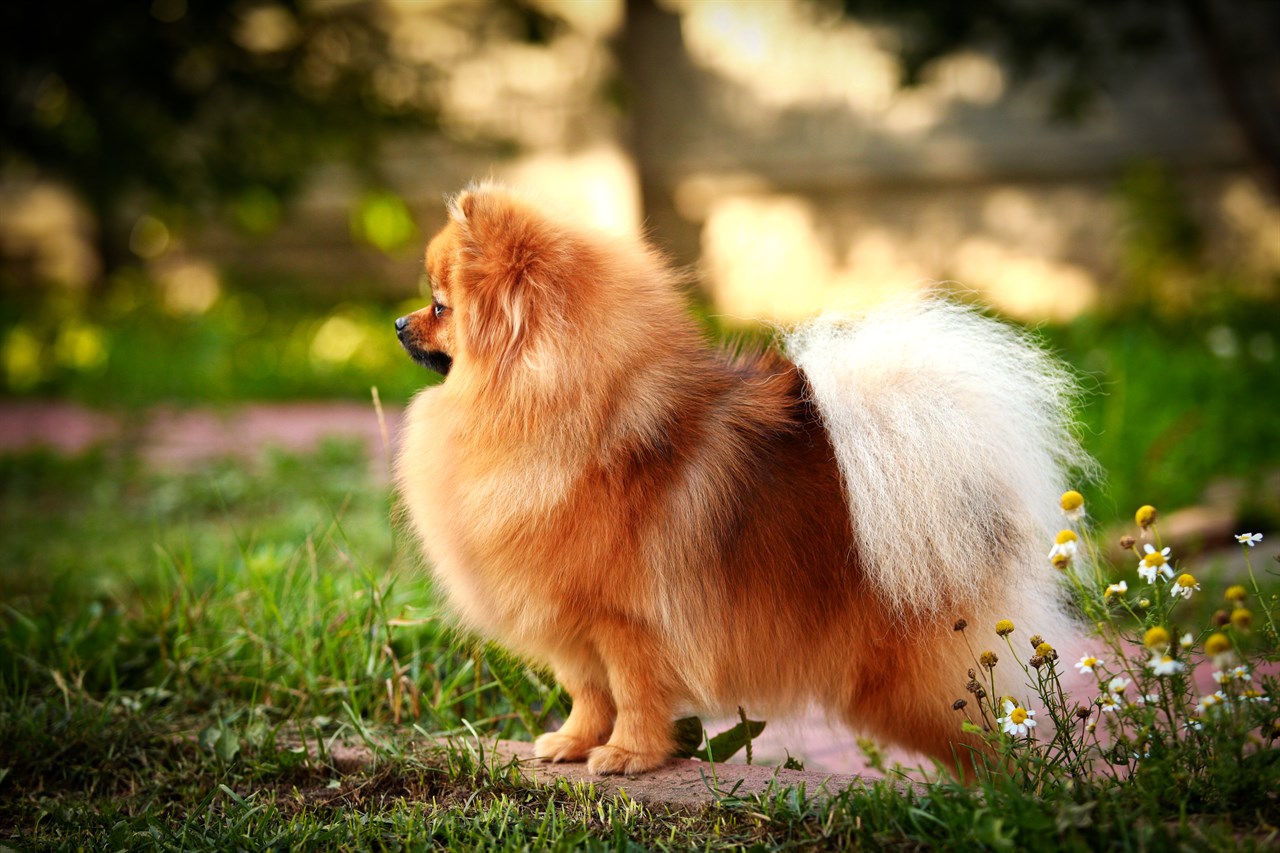Pomeranian Trainability: Challenges and Triumphs

The trainability of Pomeranians is a subject of interest for many potential dog owners. These spirited and intelligent dogs have unique characteristics that can make training an exciting journey, but it also comes with its own set of challenges. Let's explore the overall trainability of Pomeranians and address the common question: "Are Pomeranians hard to train?"
Intelligence
Pomeranians are undeniably smart dogs. They have the capacity to learn various commands and tricks, and their intelligence can be harnessed effectively with proper training techniques.
Independence
Pomeranians have a streak of independence. They may choose to do things their own way or even ignore commands when they feel like it. This independence can be a double-edged sword when it comes to training.
Attention Span
Pomeranians are known for their short attention spans. They might quickly lose interest during training sessions, making it important to keep training sessions short and engaging.
Lively Energy
Their high energy levels can make it challenging to focus on training, as they may become easily distracted or restless during sessions.
Social Nature
Pomeranians are social dogs and thrive on human interaction. They tend to respond well to training methods that involve positive reinforcement and praise.
Barking Tendency
Pomeranians are vocal dogs, and they may bark during training sessions, especially if they become frustrated or excited. This behaviour can be managed with patience and consistency.
Are Pomeranians Hard to Train?
Pomeranians can be somewhat challenging to train, primarily due to their independent nature and short attention spans. However, with the right approach, they can certainly be trained effectively. Here are some tips for successfully training a Pomeranian:
- Positive Reinforcement: Use positive reinforcement techniques such as treats, praise, and play to motivate your Pomeranian. Rewarding good behaviour can encourage them to repeat it.
- Short and Engaging Sessions: Keep training sessions short, around 10-15 minutes, to align with their attention span. Make these sessions engaging and varied to maintain their interest.
- Consistency: Consistency is crucial in training any dog, but it's especially important for Pomeranians. Use the same cues and commands consistently to avoid confusion.
- Early Socialisation: Start socialising your Pomeranian at an early age to expose them to various people, dogs, and situations. This helps them become well-adjusted and less anxious, which can improve their overall trainability.
- Patience: Be patient and avoid punishing your Pomeranian for mistakes or slow progress. Positive reinforcement and gentle guidance work best with this breed.
- Obedience Classes: Consider enrolling your Pomeranian in obedience classes led by a professional trainer. These classes provide structure and can be beneficial for both you and your dog.
In conclusion, Pomeranians are not inherently difficult to train, but they do require a specific approach that takes into account their intelligence, independence, and social nature. With consistent, positive training techniques and patience, you can successfully train your Pomeranian and enjoy the benefits of a well-behaved and obedient companion. Training is an ongoing process, so stay committed to helping your Pomeranian become the best-behaved dog they can be.
Pomeranian puppies for sale
- Find Pomeranian puppies for sale in ACT
- Find Pomeranian puppies for sale in NSW
- Find Pomeranian puppies for sale in NT
- Find Pomeranian puppies for sale in QLD
- Find Pomeranian puppies for sale in SA
- Find Pomeranian puppies for sale in TAS
- Find Pomeranian puppies for sale in VIC
- Find Pomeranian puppies for sale in WA